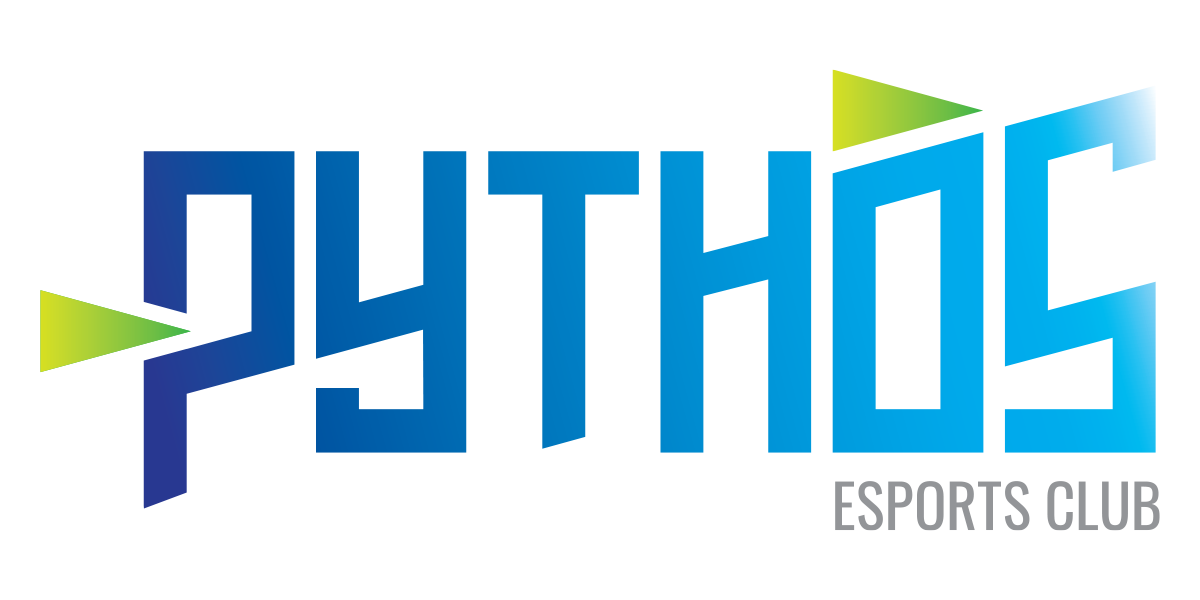24 Aug The convergence of music and gaming — Sheppard Mullin
Sheppard Mullin’s Esports and Games Team Leader Sidney Fohrman and its Esports and Games Team Member and Associate Hayley Silvertown discuss the growing relationship between esports, games and music. Moreover, the pair write about the legal considerations that esports entities should be aware of when utilising music.
Image credit: Shutterstock
This piece was provided by Sheppard Mullin and edited by Esports Insider.
10.7m people virtually attended Fortnite’s first in-game concert featuring Marshmello in February 2019 and in May, 2020, Travis Scott’s ‘Astronomical’ pulled in 27.7m viewers. In November 2020, approximately 33m people watched Lil Nas X perform a virtual concert in Roblox.
Most recently, Ariana Grande performed live in Fortnite during a multi-day concert series featuring a sequence of mini-game style experiences that attracted millions of people.
Music artists are investing in esports organisations and record labels are investing in all aspects of the ecosystem. BMG was announced as the official music partner of the League Championship Series for Riot Games’ League of Legends; Warner Music Group participated in Roblox’s Series H funding round; and most recently, Roblox and Sony Music Entertainment announced that more Sony artists will be brought into the Roblox metaverse.
Mad Lions are among the many organisations that are securing partnerships with music labels. Image credit: MAD Lions
RELATED: VIDEO: Sidney Fohrman & Toa Dunn on law, music and esports converging | ESI Focus
The esports and gaming industry has created new opportunities to exploit music outside of traditional distribution channels; traditional music rights holders are forming strategic partnerships with esports and gaming platforms to find new and innovative ways for artists to express themselves creatively.
Moreover, both the music and esports sectors are looking to generate revenue through in-game performances, album launch parties and exclusive virtual merchandise. Artists can also engage with an audience through the metaverse at the intersection of game-play and social interaction – thereby bringing the music straight to the fans.
However, what are some of the legal matters that esports platforms need to be aware of when integrating the music sector into esports?
Key legal considerations for esports platforms
It is clear that music has become an integral part of the esports and gaming metaverse and the overall user experience on a particular platform. However, the complexity and fractionalised rights associated with music copyrights and controls are critical considerations for the industry. Below are some key legal considerations with respect to the exploitation of music on esports platforms:
Synchronisation Licenses
There are two copyrights contained in every sound recording: the copyright in the musical work (i.e., the composition and lyrics) and the copyright in the sound recording embodying that composition. Typically, a music publisher controls the rights to the composition and the record label controls the rights to the sound recording, including, the exploitation thereof.
Earlier this year, ESPL and Warner Music synchronised a song release and esports tournament anthem in India. Image Credit: ESPL / Warner Music
Accordingly, each time a piece of copyrighted music is synchronised (or ‘synced’) with an audiovisual medium (e.g., a recorded performance in Fortnite), two licenses are required. Firstly, a master use license for the sound recording and secondly, a synchronisation license for the composition. These licenses can be costly and challenging to obtain, especially in the event that there are several writers on a particular composition and a license is required from multiple music publishers – which is often the case.
Public Performance Licenses
Streaming platforms will need to obtain a license for the public performance rights to the compositions, which are customarily licensed from the performing rights organisations, such as BMI, SESAC, etc. in the United States. In some circumstances, public performance rights need to be obtained directly from a publisher itself, in exchange for a license fee.
Label Exclusivity
Artists who are signed to an exclusive recording agreement will require their label to waive exclusive right to the artist’s recording services. For example, in the case of an in-game music performance, the artist’s record label must approve the performance, and will often require remuneration in connection therewith.
What’s next for esports, games and music?
Esports is creating new audio visual content around music as gamers look for social and immersive experiences to enhance and personalise their gameplay experience. The convergence of musical creativity and competitive gaming has created new revenue streams and it is predicted that global esports revenues will hit $1.084bn in 2021.
RELATED: ReKTGlobal partners with Breakaway Music Festival
It is likely that we will continue to see an influx of partnerships between music rightsholders and game publishers, esports organisations and distribution platforms, as well as continued investment and participation from artists and labels, thereby amplifying brand awareness to a global audience.
Several companies have started building music libraries to offer platforms ‘Creator-Safe’ music (i.e., music that is fully cleared) as a way to circumvent traditional licensing requirements noted above and add value to gamers, which will ultimately foster more collaborations within the music industry.
Although this model will not replace the innovative activations by artists, it is certainly a complementary step that offers gamers a ‘one-stop shop’ solution and helps platforms avoid liability for copyright infringement. It is evident that the creative and commercial opportunities are endless with the willing participation of rightsholders. Additional competition within the industry creates more options for the consumer and fosters continued engagement with the platform, which is ultimately a win-win for both parties.
Created in collaboration with Sheppard Mullin.
Commercial, Features, Games, Insights, Latest News, Legal, Markets, Esports and music, Sheppard Mullin


No Comments